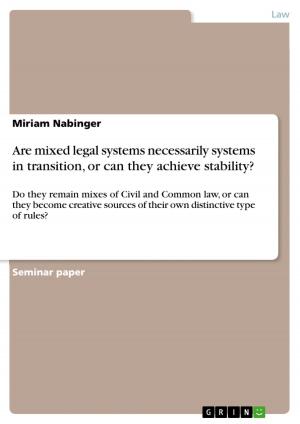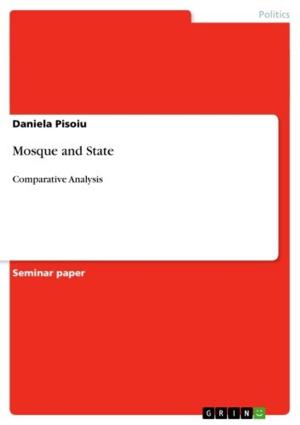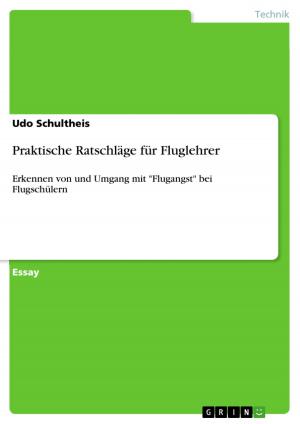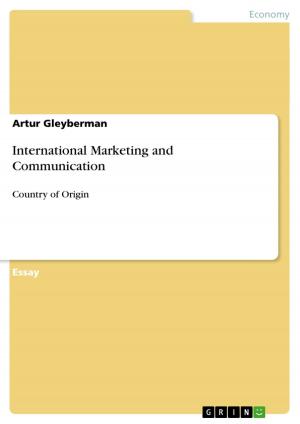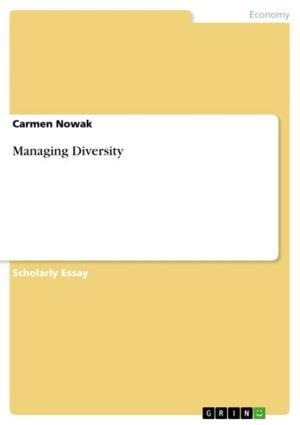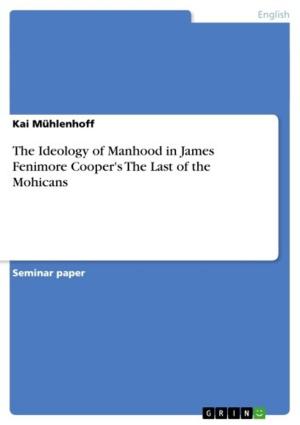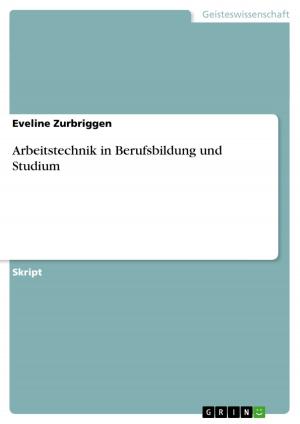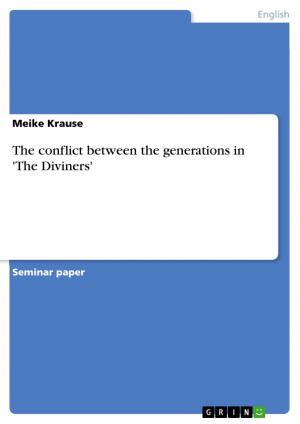Demand for establishment of truth comission in Croatia for war-period 1991 - 1995
Nonfiction, Social & Cultural Studies, Political Science| Author: | Dijana Erakovic | ISBN: | 9783640654161 |
| Publisher: | GRIN Publishing | Publication: | June 30, 2010 |
| Imprint: | GRIN Publishing | Language: | English |
| Author: | Dijana Erakovic |
| ISBN: | 9783640654161 |
| Publisher: | GRIN Publishing |
| Publication: | June 30, 2010 |
| Imprint: | GRIN Publishing |
| Language: | English |
Seminar paper from the year 2010 in the subject Politics - Miscellaneous, Central European University Budapest, course: Transitional justice - the war in Ex-Yugoslav area, language: English, abstract: P. Hayner recommends truth commission establishment after the conflict, but in the case of Croatia I believe that this is the best period for it, although 15 years after, because tensions are decreased, criminal justice (ICTY) failed in reconciliation of two groups, diplomatic relations between Croatia and Serbia are on satisfactory level, number of returned Serbs is also sufficient (although still too high number of Croatian Serbs is abroad) to have a successful dialogue through truth commission's work. Same author permits that every truth commission can be unique in a sense to be adjusted to specific context of particular country. In case of Croatia, I think truth commission should be common project with Serbia because Serbia is partly responsible directly for the conflict through its paramilitary units' and organized criminal groups' crimes, direct conflict on the border in Eastern Slavonia and ideological manipulation with Croatian Serbs. Serbia also has the highest number of refugees from Croatia. One of the aims of truth commission should be reconciliation with Serbia, but the most important aim should be reconciliation between Croats and Croatian Serbs, so in that respect my idea differs from REKOM initiative which wants to cover three ex-Yugoslav republics. Related with Dimitrijevic's idea, I agree that Serbia should establish a new truth commission, but in respect to Croatian-Serbian conflict, Serbia does not need to deal with it alone. For now, I have doubts should B&H be included for now because that state has serious internal cleavages and I perceive it as a time bomb. I think that one of the main messages to Croatian Serbs, and to both nations - Serbians and Croats, should be that Croatia is their native land in which they lived for centuries, where they belong and where they are welcomed to come back. Every ideology (whether Croatian or Serbian), which would undermine it, should be condemned by both sides officially. Also, I think that end of truth commission's work should be marked with highly symbolic and emotional rituals, celebrations and gestures. I think it would be very powerful if new national holiday is established, called Reconciliation Day, on which every year both sides will remember what happened between them and express each other a promise that it will never happen again.
Seminar paper from the year 2010 in the subject Politics - Miscellaneous, Central European University Budapest, course: Transitional justice - the war in Ex-Yugoslav area, language: English, abstract: P. Hayner recommends truth commission establishment after the conflict, but in the case of Croatia I believe that this is the best period for it, although 15 years after, because tensions are decreased, criminal justice (ICTY) failed in reconciliation of two groups, diplomatic relations between Croatia and Serbia are on satisfactory level, number of returned Serbs is also sufficient (although still too high number of Croatian Serbs is abroad) to have a successful dialogue through truth commission's work. Same author permits that every truth commission can be unique in a sense to be adjusted to specific context of particular country. In case of Croatia, I think truth commission should be common project with Serbia because Serbia is partly responsible directly for the conflict through its paramilitary units' and organized criminal groups' crimes, direct conflict on the border in Eastern Slavonia and ideological manipulation with Croatian Serbs. Serbia also has the highest number of refugees from Croatia. One of the aims of truth commission should be reconciliation with Serbia, but the most important aim should be reconciliation between Croats and Croatian Serbs, so in that respect my idea differs from REKOM initiative which wants to cover three ex-Yugoslav republics. Related with Dimitrijevic's idea, I agree that Serbia should establish a new truth commission, but in respect to Croatian-Serbian conflict, Serbia does not need to deal with it alone. For now, I have doubts should B&H be included for now because that state has serious internal cleavages and I perceive it as a time bomb. I think that one of the main messages to Croatian Serbs, and to both nations - Serbians and Croats, should be that Croatia is their native land in which they lived for centuries, where they belong and where they are welcomed to come back. Every ideology (whether Croatian or Serbian), which would undermine it, should be condemned by both sides officially. Also, I think that end of truth commission's work should be marked with highly symbolic and emotional rituals, celebrations and gestures. I think it would be very powerful if new national holiday is established, called Reconciliation Day, on which every year both sides will remember what happened between them and express each other a promise that it will never happen again.

